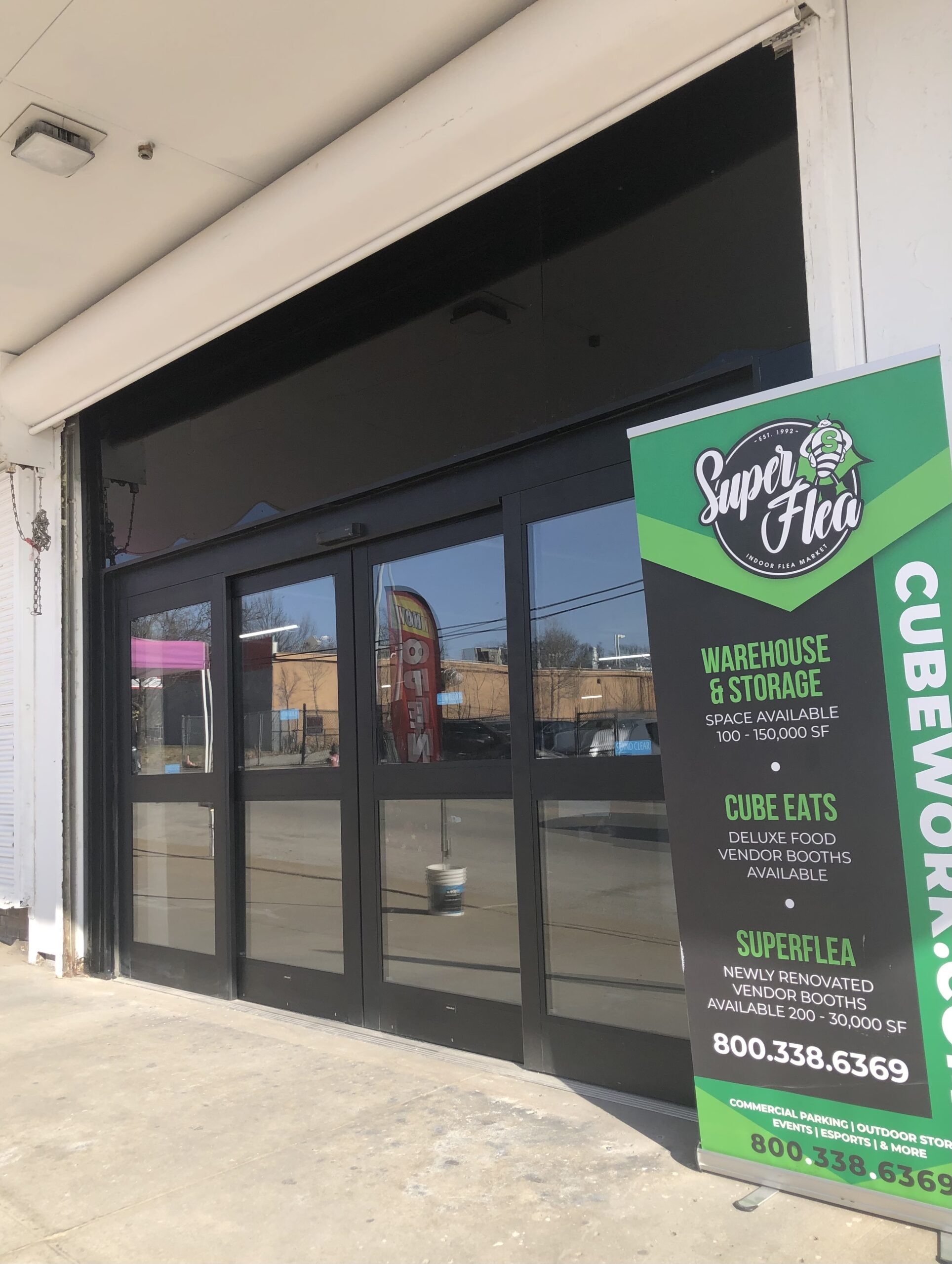Joe Jarosz
Northeast News
March 18, 2015
KANSAS CITY, Missouri — The fate of city required employee liquor permits is now up to the City Council.
Public Safety and Emergency Services Committee members voted 3-2 on Wednesday, March 18, to relax the requirements for the employee liquor permits distributed by Regulated Industries. The discussion began almost a month ago when committee member Scott Wagner introduced an ordinance to eliminate employee liquor permits. The biggest changes affect non-profit agencies and grocery stores. Members Cokethea Hill and Scott Taylor were the dissenting votes.
The City Council will vote on the measure at its Thursday, March 26 meeting. Currently, individuals who work at a liquor establishment must obtain a city employee liquor permit to accept delivery of liquor, stock liquor, arrange displays of liquor, delivering liquor, taking orders for liquor, accepting payment for liquor, mixing liquor or serving liquor. Additionally, this would require the bar manager, bartender, waiter, waitress, cashier, sales clerk, stock person and doorman to obtain a city employee liquor permit. The cost of obtaining the card is $42 and lasts the individual three years.
The agreed upon ordinance substitute no longer requires individuals who stock liquor or accept alcohol deliveries to obtain the liquor cards. The committee also approved getting rid of temporary permits for non-profit hosted events. The city does not conduct background checks for the temporary permits. Committee chair John Sharp said he’s been in favor of removing these requirements, but did not feel good about removing the permits all together.
Before the vote, Taylor relayed to the committee he was not in favor of the changes. He thought the ordinance, how it is currently written, was doing a fine job keeping the public safe.
“Frankly, the compromise waters down public safety,” Taylor said.
The substitute was drafted with the help from the city’s law office and Jim Ready, Regulated Industries Manager. Ready noted the city is not picking on the restaurant and bar industry.
“I’ve done my research and there are staggering numbers in the United States that prove the date rap drug is an epidemic,” Ready said.



















